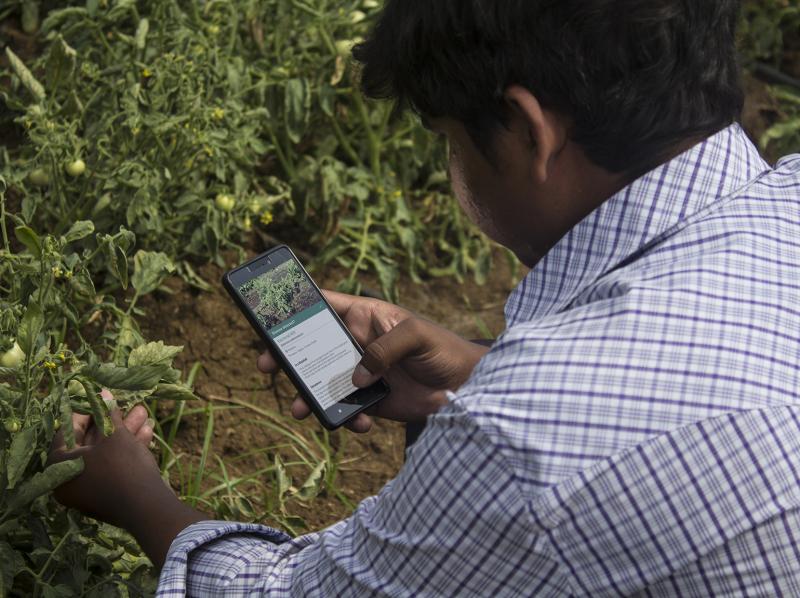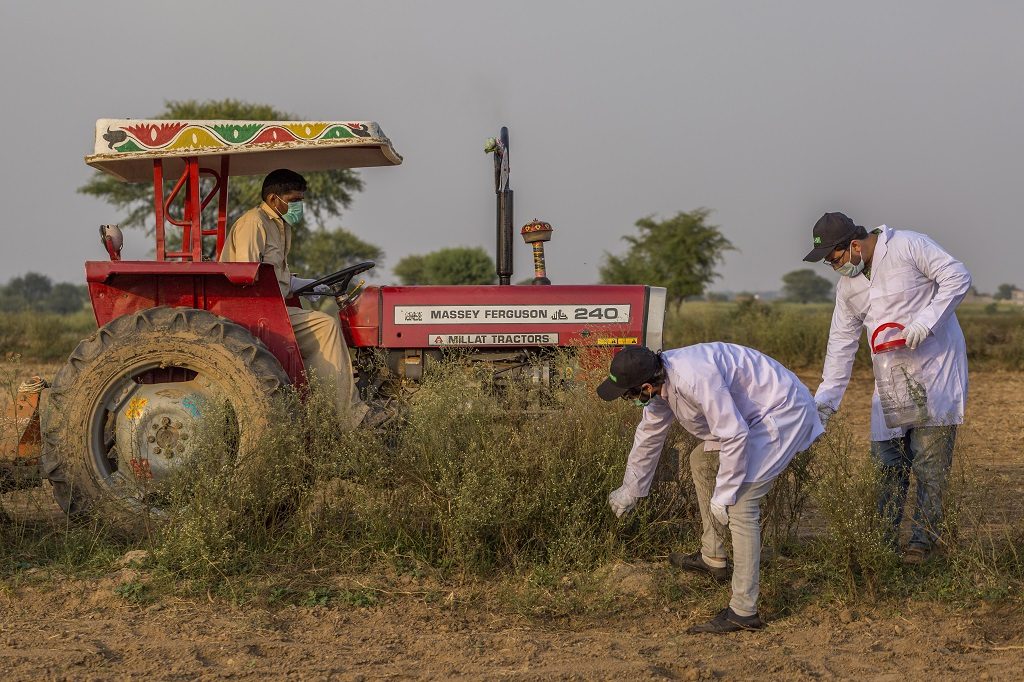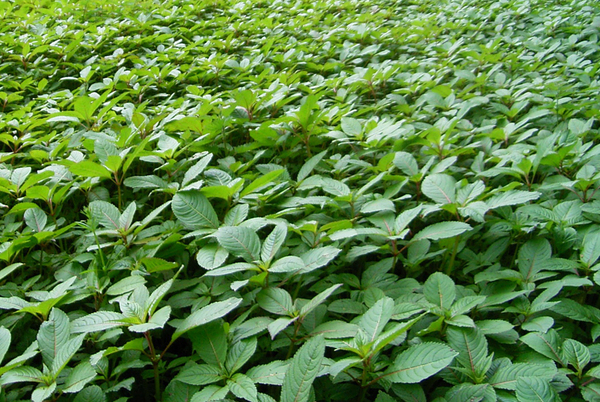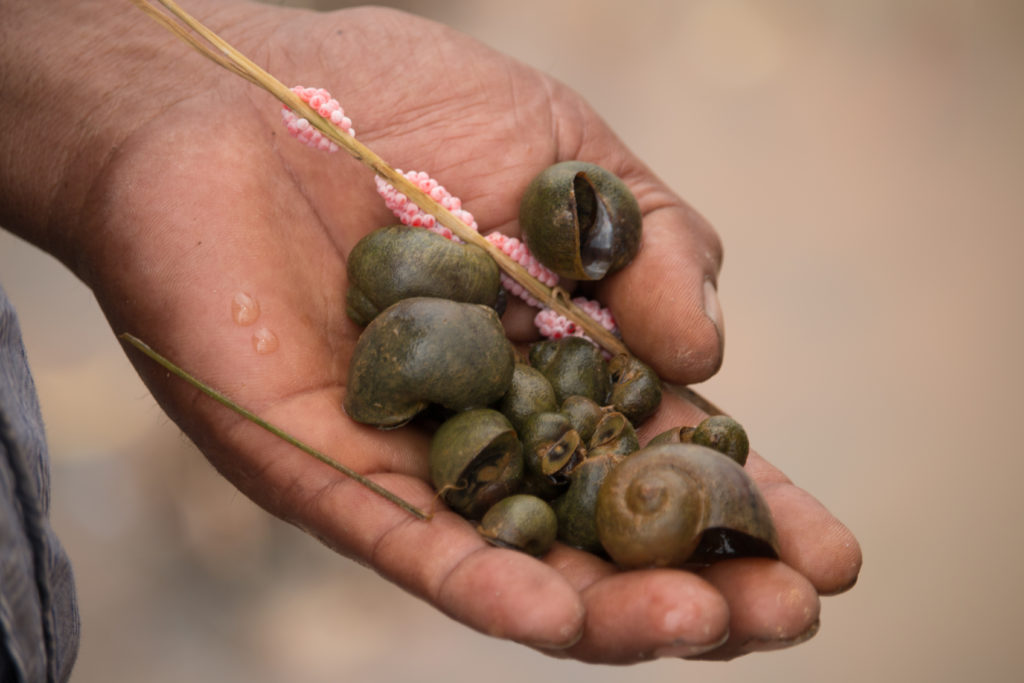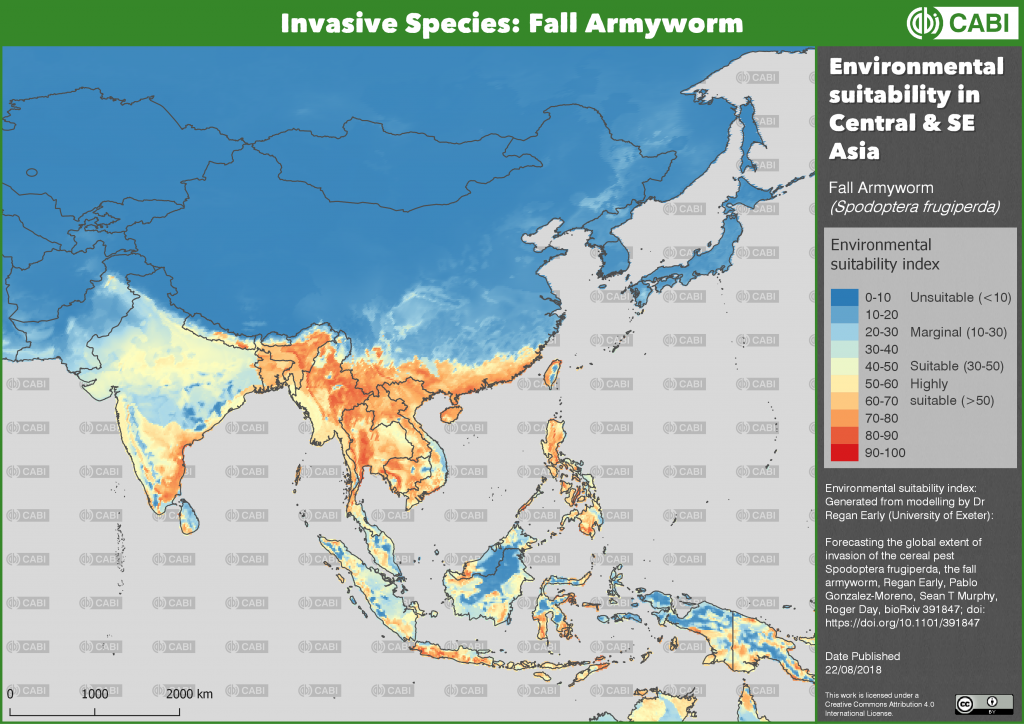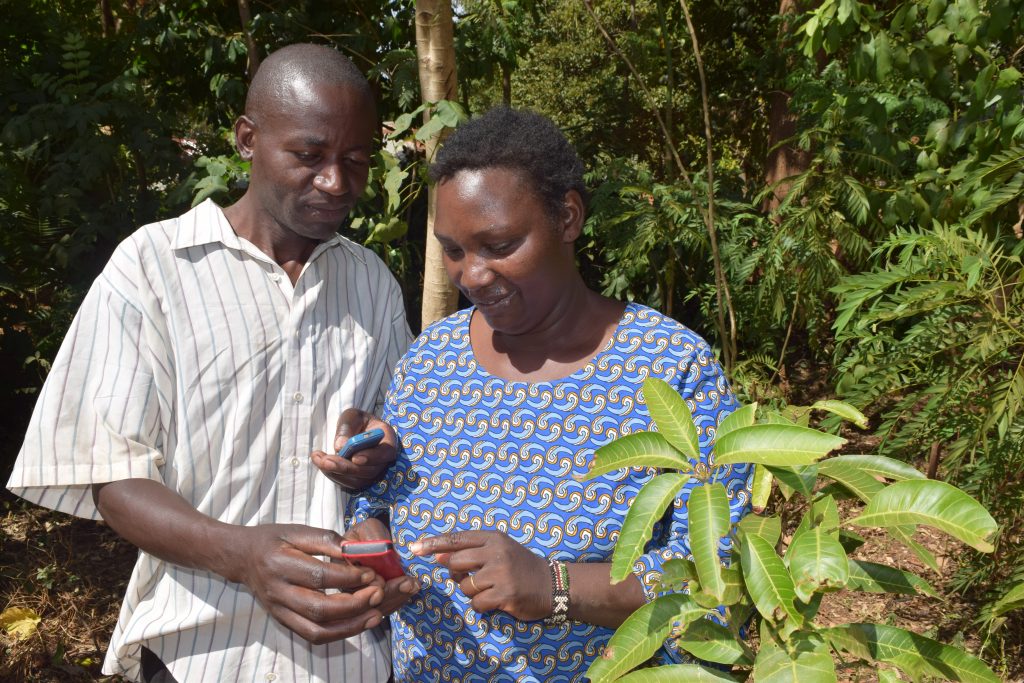Indian farmers using smartphones to fight fast-moving crop killer
By Eric Marx. Reblogged from Ethical Corporation. Plantix is a diagnostic app that uses image recognition software and AI. It is being used to halt the advance of the fall armyworm pest. An app that uses artificial intelligence to identify plant disease is being deployed in India as an early-warning system to stop the advance…
When astronomers meet ecologists: how remote sensing can tackle Parthenium in Pakistan
“Usually I’m looking up at the stars but with this project, I’m back down to earth” quips Dr Rene Breton, Director of Research at the School of Physics and Astronomy at the University of Manchester. By combining the skills of a geographer, ecologist, social scientist, entomologist, astrophysicist, biologist, and electrical engineer, the joint CABI and…
Citizen Scientists attempt traditional solutions against fall armyworm
First reported in Africa in September 2016, fall armyworm (Spodoptera frugiperda) is now present in most sub-Saharan countries, where severe damage in maize fields has been observed. Kenya is one the countries that has not been spared the wrath of this invasive pest. Since it was first reported in Kenya’s western region (Trans Nzoia, Busia,…
Invasive alien plants, land degradation and restoration
Reblogged from Global Landscapes Forum Invasive alien plants contribute to land degradation by forming vast unproductive monocultures. These invasions have a negative impact on biodiversity, water resources, crop and pasture production, human and animal health, and as such undermine Africa’s ability to achieve its Sustainable Development Goals. Landscapes degraded as a result of unsustainable land-use…
Workshops to combat Parthenium in Pakistan
A training session was recently organized by CABI in Pakistan on the identification and management of Parthenium Hysterophorous to a variety of stakeholders. These activities were part of the Parthenium awareness campaign which CABI has launched under Action on Invasives, in the Sheikhupura district (Pilot district), Punjab focusing particularly on rural communities.
Where next for fall armyworm?
Since its confirmed arrival in Nigeria in 2016, the fall armyworm has conquered almost 25.5 million square kilometres of Sub-Saharan Africa, reaching as far east as Ethiopia, and as far south as South Africa. Now fall armyworm has reached beyond African shores and was recently confirmed in India, with CABI warning of its now impending…
Why Prosopis no longer ‘pays’ as a prospect for positive environmental and socio-economic productivity
In the late 1970s and early 1980s the group of closely-related woody plant species and hybrids known as Prosopis were seen as a ‘saviour’ for millions of pastoralists and agro-pastoralists in East Africa whose very livelihoods were threatened by the degradation of dryland ecosystems spurred on by overgrazing, and by deforestation and a shortage of…
Fall Armyworm Is Here to Stay. But We Can Manage.
By Roger Day. Reblogged from Fall Armyworm Tech Prize In 1996 in response to the first international meeting on invasive alien species, the Global Invasive Species Programme (GISP) a collaboration between the Centre for Agriculture and Biosciences International (CABI), the International Union for Conservation (IUCN), and the Scientific Committee for Problems of the Environment (SCOPE), was…
Fight against fall armyworm in Kenya ‘mobilised’ with new government text messaging campaign
A new weapon in the fight against the fall armyworm caterpillar in Kenya is being launched giving thousands of smallholder farmers free expert help and advice on how to tackle the devastating pest through mobile SMS text messaging.

